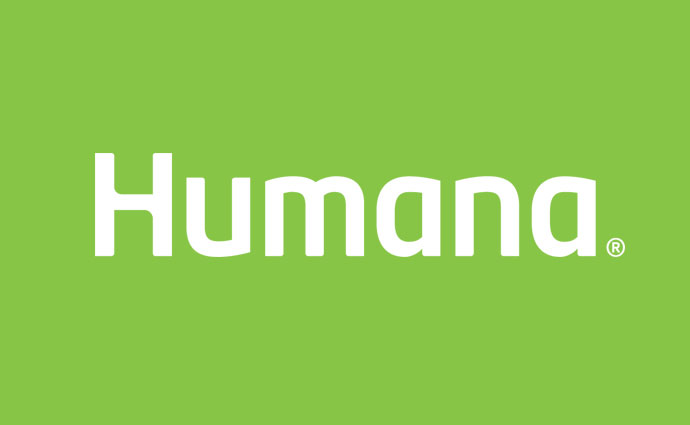Humana, UofL Invest in Health Equity, Social Determinants Initiative
Through UofL’s health equity innovation hub, Humana aims to influence health equity and social determinants of health through research, analytics, and community engagement.

Source: Humana Logo
- Humana has partnered with the University of Louisville (UofL) to help promote health equity and boost health outcomes for underserved communities through the university’s Health Equity Innovation Hub.
The payer plans to invest up to $15 million to help fund the hub: $1.5 million from Humana and as much as $13.5 million from the payer’s philanthropic arm, the Humana Foundation. The Humana Foundation’s contribution amount depends on the progress of the collaboration in reaching established milestones.
UofL will also contribute $10 million to the hub’s development.
The hub aims to leverage research, digital health strategies, and community engagement to develop solutions that address health inequities and social determinants of health in Louisville residents and globally.
“Humana is committed to improving health equity and we will be intentional about addressing the underlying societal and structural factors that impede good and fair health, especially for people in communities that have been historically marginalized and made vulnerable,” Nwando Olayiwola, MD, chief health equity officer and senior vice president of Humana, said in the press release.
“This unique collaboration with the University of Louisville and the Humana Foundation to create the Health Equity Innovation Hub is an exciting opportunity for Humana to partner with a leading research institution in our founding city where so many health disparities exist. We will establish shared goals and drive positive change beginning in local communities.”
The hub will include an initiative that focuses on upskilling and reskilling underserved community members in technology and analytics.
Humana said this effort will help create a smoother path to the abundance of healthcare jobs in Louisville. It may also increase the opportunities for residents to obtain careers that support not just individual residents, but also their families and communities.
Humana and UofL’s contributions will also help fund outcomes-based research on population and social health issues. This research aims to help leaders identify existing health inequities and social determinants of health barriers and develop strategies to reduce these obstacles.
One hub objective includes connecting university and community resources with entrepreneurs in Louisville to create effective and comprehensive solutions to health equity issues.
The hub plans to prioritize diverse voices, including creators, innovators, and entrepreneurs, who can contribute ideas and assist in developing solutions to address health inequity in underserved communities.
Hub leaders will also collaborate with community organizations, national thought leaders, local community residents, and local business owners committed to improving health equity in their communities.
Humana’s investment in the hub will help UofL advance its ‘Empowering our Communities’ initiative by addressing health equity in the community through partnerships, research, innovation, and training.
The hub also aligns with Humana’s Bold Goal program, which prioritizes addressing social determinants of health in members.
This is not the first time Humana has partnered with an academic institution to raise social determinants of health awareness.
The payer collaborated with the University of Houston to create the Humana Integrated Health System Sciences Institute. Students in the university’s colleges of medicine, nursing, pharmacy, optometry, and social work can receive care coordination and social determinants of health awareness training through the program
Partnerships between payers and academic institutions are essential when it comes to payer innovation. Payers can gain new data insights and access additional resources by partnering with universities, which can help collect data and use that data effectively in innovation.
